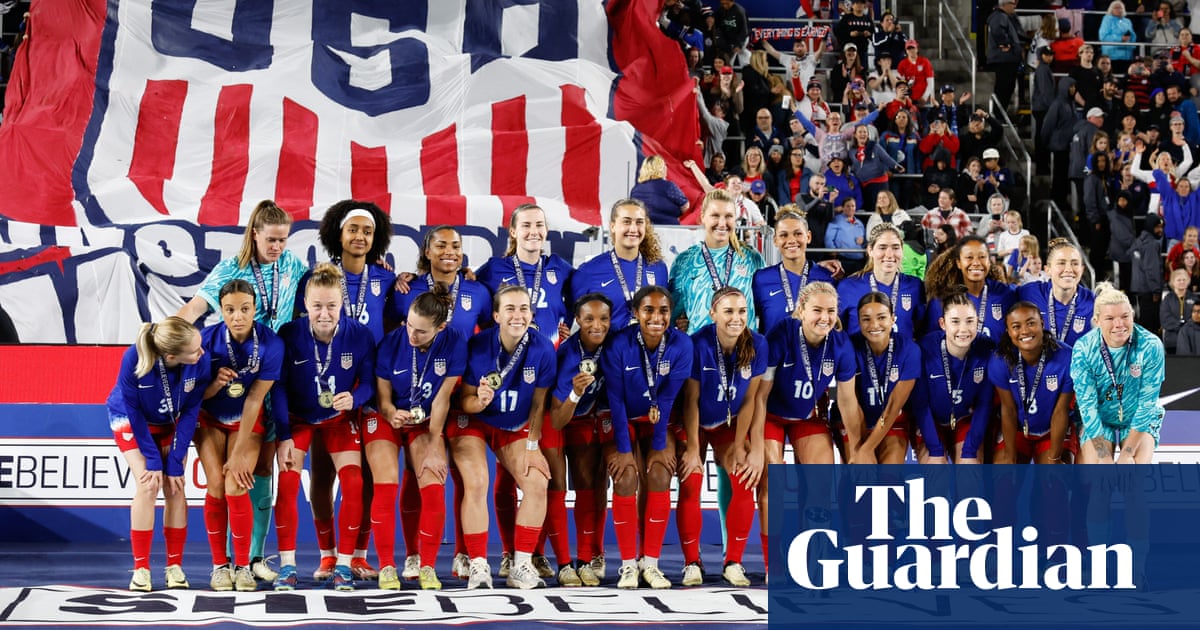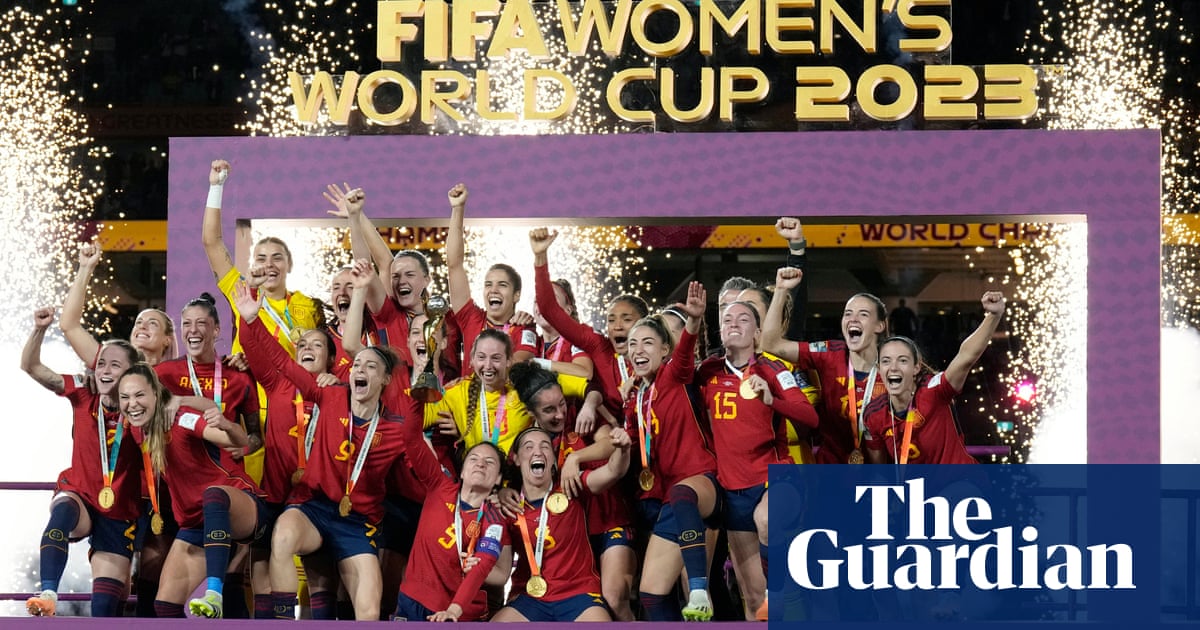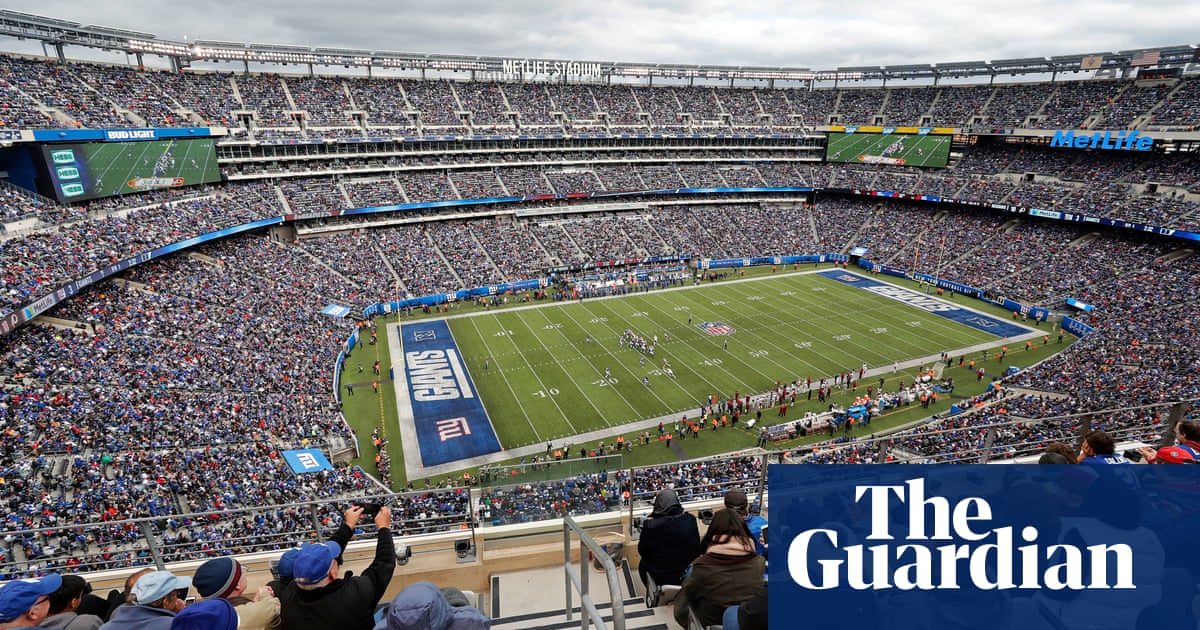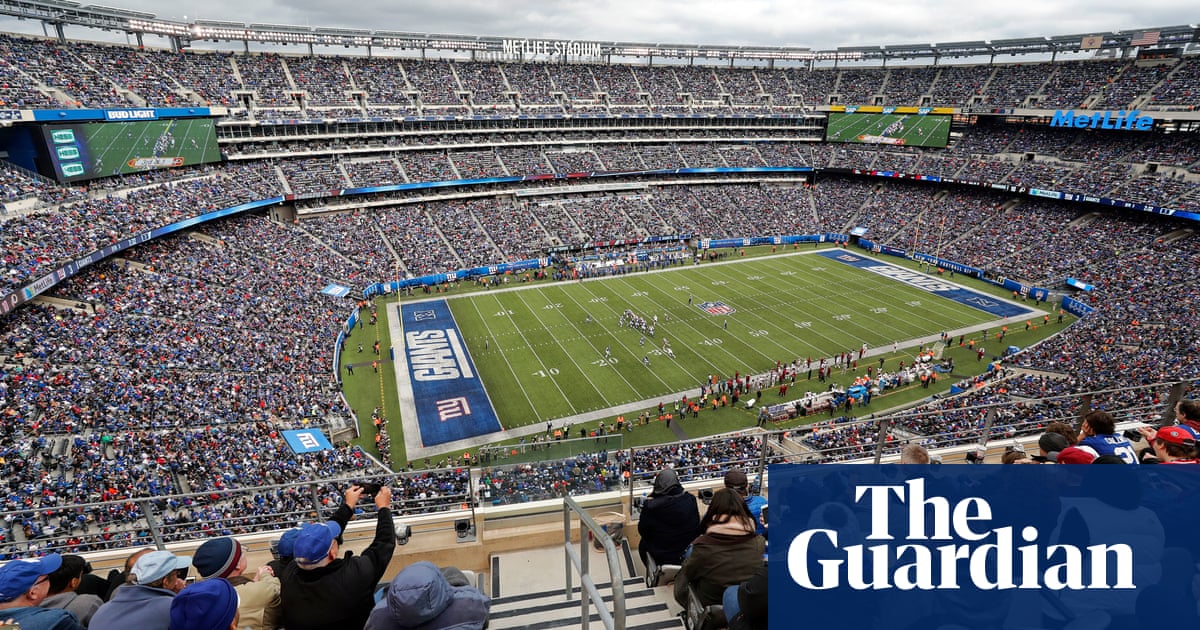
The United States, Mexico and Canada will host the 2026 World Cup in a vote of FIFA member nations in Moscow on Wednesday.
The joint North American bid defeated their north African rival, Morocco, by a margin of 69 votes, 134 to 65, to win the right to organize the first World Cup to be expanded to 48 teams.
Bid leader Carlos Cordeiro said his team was "humbled" by the result and predicted the tournament would put football "on a new and sustainable path for generations to come".
This will be the first time the world’s top football event returns to North America since the US hosted the tournament in 1994.
The vote by national football federations was public, in contrast to secrecy surrounding the 2010 vote when FIFAs elected board members picked Russia to host in 2018 and Qatar in 2022, defeating the US.
The United States-led bid was adjudged to be technically superior by a FIFA taskforce, with 23 stadiums either already built or under construction, and the inspectors made the US-Canada-Mexico bid the clear favorite after rating it four out of five
Moroccos bid existed largely on paper -- it would have had to renovate or build 14 stadiums and critics questioned how it would have coped with the expanded tournament.
Moroccos appeal to the heart to take the tournament back to Africa for just the second time after South Africa in 2010 was not enough to bridge the gap.
FIFA president Gianni Infantino was believed to have strongly backed the North American campaign because the trio of countries involved supported him in 2016 when he took over after the corruption-tainted reign of Sepp Blatter.
US President Donald Trump tweeted: "The US, together with Mexico and Canada, just got the World Cup. Congratulations - a great deal of hard work!"
After the vote, Cordeiro said he believed the North American approach of using three countries would become the "legacy for the future".
Canadian Prime Minister Justin Trudeau tweeted: "Congratulations to everyone who worked hard on this bid -- its going to be a great tournament!"
Mexican President Enrique Pena Nieto said the three winning countries were "deeply united", despite quarrels over the future of a free trade agreement that has bound them since 1994.
The 1994 World Cup in the United States set an attendance record that still stands, with nearly 3.6 million spectators for only 52 matches.
That suggests that North American bid leaders promises to deliver a record $11 billion profit for the 2026 tournament are feasible.
The decision will be a shot in the arm for football in the United States after the national team failed to qualify for 2018 in a huge setback for the game there.
It will also be celebrated in football-crazy Mexico, which hosted the World Cup in 1970 and in 1986 -- the tournament remembered for Diego Maradonas "Hand of God" goal.
But the result was a bitter blow for Morocco after a fifth failed bid.
Morocco was quick to congratulate the winner, tweeting "#Maroc2026 congratulates @United2026 on their victory."
Moroccan Prime Minister Saad Eddine El Othmani shared the national disappointment but tweeted his thanks to the bid organizers for "this common dream."
Moroccan sports journalist Omar Chraybi acknowledged that "technically speaking, its understandable - the US bid capacity surpasses Moroccos." Yet he didnt lose hope, saying, "The world still looks at Africa as an underdog, but we cant afford to give up."
France, in particular, lobbied behind the scenes for French-speaking Morocco and the bid had the support of most African nations.
"The United bid was strong and if it was just the United States, I think Morocco would have beaten them," said Cameroon federation official Kevin Njomo, whose country voted for Morocco. "People have a soft spot for Mexico, especially looking at Mexico as a little bit under-developed and giving them a chance. Canada is a good tourist destination.
"But I think where it had the advantage was the World Cup would be more profitable in America and it is a capitalist world."











